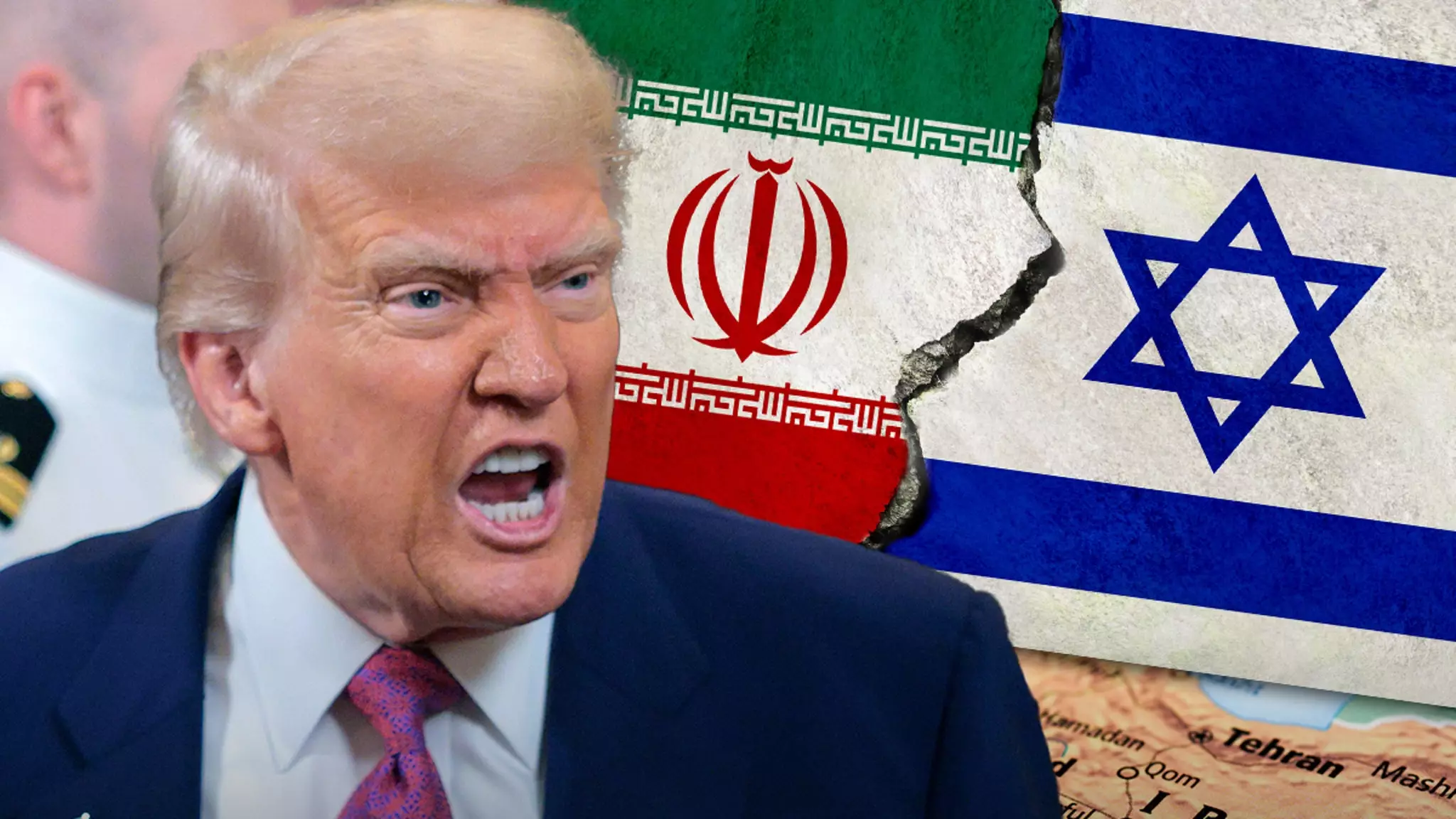In a dramatic turn of events, President Donald Trump took to social media to express his outrage over a shattered ceasefire between Iran and Israel. Just one day after boasting about a purported breakthrough in negotiations, which he heralded as a success, he publicly questioned the competence of both nations. Trump’s characteristic bravado was on full display as he unleashed a torrent of criticism, implying that the long-standing conflict had left both parties disoriented: “They don’t know what the f**k they’re doing.” This statement encapsulates not just his exasperation but also a bombastic take on international diplomacy that is often characterized by sweeping statements and emotional appeals.
Targeting Allies and Media Outlets Alike
Trump’s vitriol did not stop with his ire for Iran and Israel; he also aimed his frustration at the media, particularly CNN and MSNBC, for their coverage of America’s recent military actions in Iran. By calling out these networks as “gutless losers,” he underscored his combative relationship with the press. This dynamic is emblematic of his presidency, where the lines between diplomacy and personal vendettas often blur. Trump’s insistence that these networks owe apologies for their reporting serves to reinforce a narrative that prioritizes his version of events over journalistic integrity—illustrating how he has consistently positioned himself as the ultimate authority on all matters, domestic and international.
A Military Display and Political Theater
The incident took place against the backdrop of a military operation that Trump deemed a “magnificent success,” following the U.S. bombing campaign targeting Iranian nuclear facilities. This operation, which he described as dropping a “full payload,” aimed to send a clear message to Tehran. However, the absence of confirmation from Iranian officials regarding a ceasefire paints a stark picture of half-truths and looming tensions. In a move that can only be described as political theater, Trump touted the operation’s success while failing to acknowledge the complex realities on the ground, where fear and uncertainty dominate.
The Perils of Bluster
Trump’s approach, while unmistakably brash, raises fundamental questions about the efficacy of using such public outbursts in sensitive geopolitical situations. His aggressive rhetoric risks alienating potential allies and diminishing the credibility of American diplomacy. When a sitting president publicly reprimands foreign nations in such harsh terms, it not only complicates ongoing negotiations but also contributes to an atmosphere of hostility that can escalate tensions further. This environment amplifies the agony of those caught in the crossfire—citizens who require a deft hand and measured responses, not the raucous replies from a leader more focused on spectacle than substance.
Trump’s recent comments serve as a stark reminder of how political discourse can devolve into unconstructive criticism rather than fostering diplomatic resolutions. As the world watches these developments unfold, the consequences of such rhetoric will undoubtedly ripple through the fabric of international relations, with the pressing question of whether such bluster can ever yield true peace.

